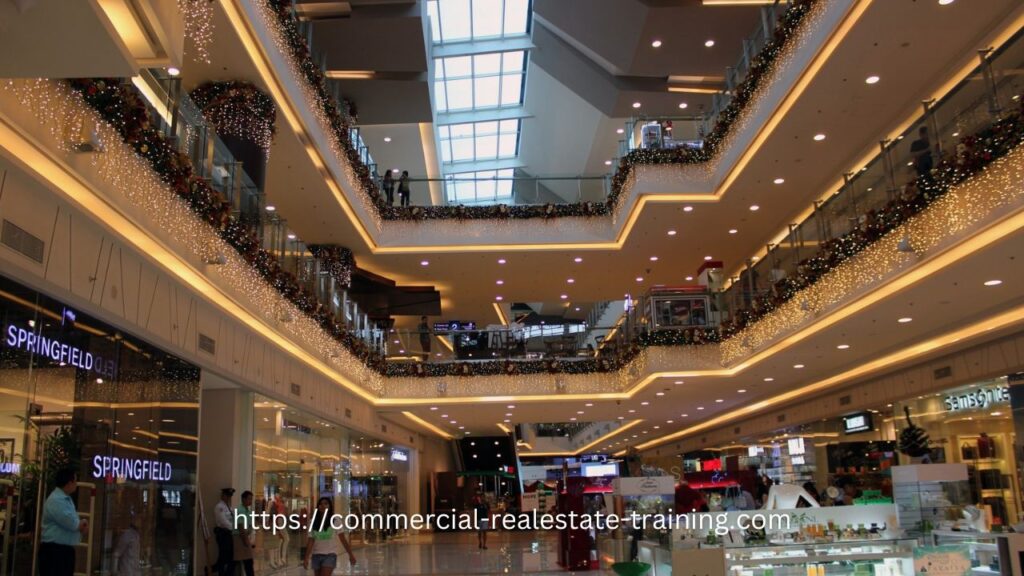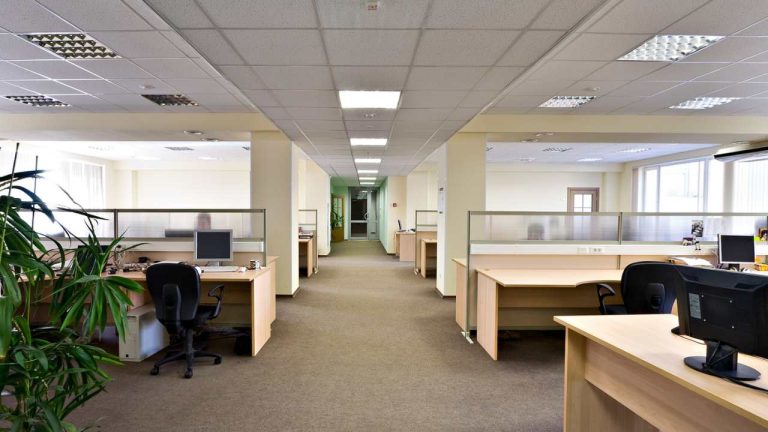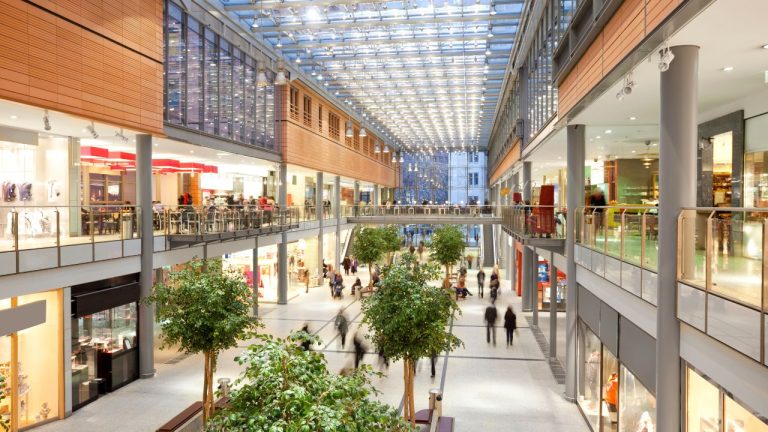A New Technique for Comparing and Analyzing Retail Shopping Centers
The shopping centre segment of the retail property industry can be very competitive and complex. That is certainly the case when you have a number of properties competing for the same customers in the same overall location.
Retail centre managers and leasing managers should be constantly aware of the trends in retail property performance for the location and across all competing properties. Vacancy factors and retail rentals will change throughout the year, as will the buying patterns of local customers. A successful shopping center adjusts to the retail shopping patterns and economic indicators of the region.
In an ongoing way, it is necessary to analyze retail shopping centres by group (regional, local, and neighborhood) and by size (gross lettable area by merchandise group). Some properties will be directly comparable; others will not. On that basis market rentals should be only compared when properties are directly comparable and quite similar.

Important Factors of Comparison
Locational factors will also impact property performance and retail sales. Here are some other important factors to look into when it comes to comparing retail properties and shopping centres:
- Location – Get into the local area and look at how a shopper may access the retail property. Can they get to the property conveniently and directly? Look at how the roads and entry points work for customers coming off the local roads.
- Car parking – The size of the car park is one thing, but the convenience of the car park in another. It is remarkable how challenging some car parks can be when it comes to customers visiting the retail shopping center and moving around to buy goods. Signage in the car park will also be a factor to check out.
- Public transport – Buses, rail, and taxis may be integrated into a shopping center layout and customer access plan. That being said, you can visit the property on all modes of transport to see just how convenient the process is from a customer perspective. Considering that a customer will be leaving the property with purchased goods, how easy can that be for customers in different age groups?
- Size of the shopping centre – The size of the property will dictate the number of anchor tenants and specialty tenants. Look at the average size of shops and where the top shops with maximized sales are located in each property.
- Movement of customers – How are customers moving around the property? Certain doors and areas within the common mall of the property will be busier than others. Why is that so? The answer will give you some ideas as to why tenants in certain locations can be trading better than others.
- Gross lettable area by merchandise group – In a larger retail property you will have a number of tenants trading in the same merchandise group; food is a good example and a case in point worth studying in any shopping center. That being the case you can compare retailers in each merchandise group to see what goods and services are attracting better sales per unit of area, and by customer interest. It stands to reason that the tenant segments with the higher sales per shop will achieve and pay higher levels of rent per unit of area.
- Sales per unit of area and by merchandise group – Taking the previous point further you can split the tenant sales down to an amount per unit of area, and by merchandise group. To get sales figures from the tenants in the property, you will need to merge appropriate compliance clauses into the tenancy leases to support the process. Forward planning will help you negotiate standard leases that merge the turnover reporting requirement into your leases.
- Anchor tenants – Each shopping center will have one or more anchor tenants. The question then arises as to the suitability of the anchor tenant to the location and the property. Check out the lease terms of each anchor tenant and see when the lease will come to an end, how the lease renewal process will work and when it will need to occur. You normally don’t want to lose your anchor tenant to another property. If you have a good anchor tenant in your retail property, take steps to consolidate the anchor tenant into the marketing of the retail center and overall performance of your property.
- Specialty tenants – The smaller tenants in any retail property will have shorter leases for a number of different reasons including landlord flexibility. In some cases you may not want to give your specialty tenants the option to renew for a further lease term. Flexibility is really important in any retail property and in the tenant mix; moving tenants around and finding better tenants will be a big component of improving retail property performance. That’s why lease options don’t work well in running and planning a successful retail shopping center. Larger shopping centers will not normally give a retailer the ability to exercise an option; in that way the landlord reserves the right and flexibility to choose other tenants or relocate them at lease expiry.
- Marketing strategies – Look at how a shopping center is connecting with its customers. Is there a definite marketing plan running that connects the tenants to the retail precinct and customer demographic? Many shopping centers have specific brands or themes that they promote to encourage customers. When you really understand the customer profiles, you can choose a brand to suit.
- Market rentals – The rental in any property will be impacted by vacancy levels, trade, outgoings, and retail customer demographics. Everything is linked in the retail property equation. You cannot get high rents without a reasonable level of sales in a property. Understand the rents in your property and any competing properties and then assess existing and expected vacancy factors, sales figures by merchandise group, tenant mix, and customer types. Good market rentals are a reflection of many factors of retail property performance.
So there are many things to consider in retail property performance. That is why agents and brokers specialize specifically in retail property sales and leasing.





